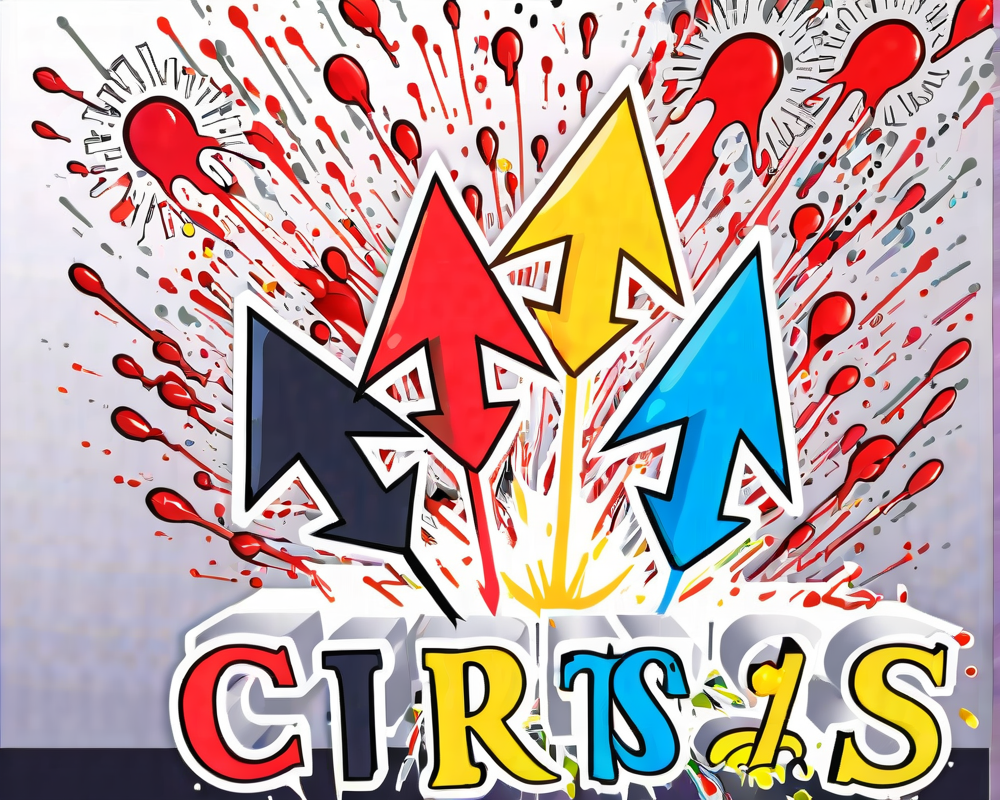Understanding Blockchain in Energy
The Congressional Research Service delivered an enlightening report on August 9, titled “Bitcoin, Blockchain, and the Energy Sector.” This report dives deep into whether we should electrify our energy sector with blockchain solutions—hint: it might just need a voltage regulator! It argues that if we allow consumers to buy energy services through a decentralized network, it could yield a more transparent and flexible system. But don’t plug in just yet, because it comes with its own power surges!
Pros and Cons of Blockchain Solutions
While blockchain offers innovative storage and transaction methods, it isn’t without its drawbacks. Here’s a quick rundown:
- Advantages:
- Increased transparency in energy transactions.
- Enhanced efficiency for consumer purchases.
- Improved flexibility within the energy market.
- Potential Issues:
- Control risks over distributed systems.
- Heightened cybersecurity threats.
Quoting the report, it’s clear we can’t just merrily run off into the blockchain sunset without plugging into deeper issues!
Industry Insight: The Survey
To provide more context, the report references a survey conducted by the Electric Power Research Institute, revealing that a whopping 77% of respondents believe the energy sector isn’t ready for blockchain. This is akin to offering a toddler a shiny new toy and telling them to figure it out alone!
Current Research and Pilots in the U.S.
Despite the caution signals, U.S. utility companies are diving into research and pilot programs. Some have even dared to hash things out with their European counterparts, who have already been dabbling in blockchain technology for over a year. It’s like watching your neighbor get the latest tech gear while you’re still grappling with dial-up!
Navigating Regulatory Challenges
The report also flags the complicated dance of energy law in the U.S. States babysit the retail electricity scene, while the Federal Energy Regulatory Commission oversees the wholesale and interstate shows. Regulatory clarity is essential to determine whether transactions are classified as resale or wholesale. Talk about needing a clearer user manual!
Exciting Initiatives: DOE’s Blockchain Grant
The U.S. Department of Energy isn’t just watching from the sidelines; they’ve awarded $1.05 million to four organizations, including the University of Denver and Virginia Tech, to build a commercial platform for blockchain-based energy transactions. Dr. Amin Khodaei succinctly puts it: “The growing proliferation of distributed energy resources calls for advanced management frameworks…” Basically, he’s saying we need to get our act together for the sake of a resilient future!




